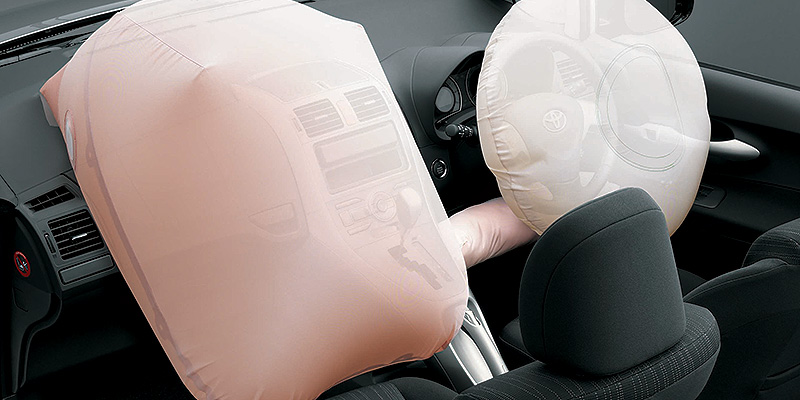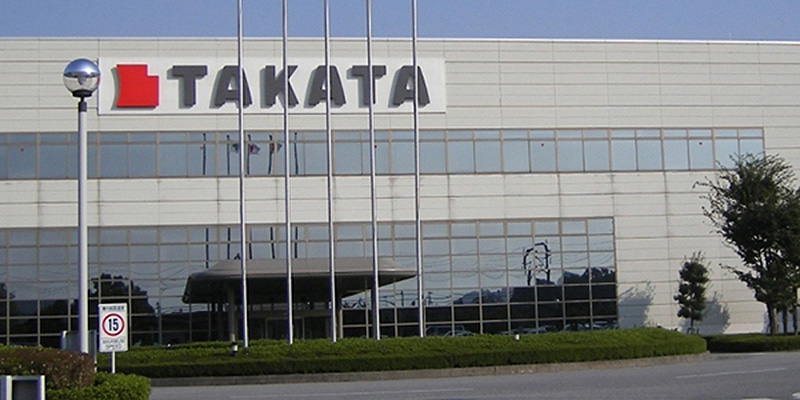Representatives from the automotive industry gathered at a recent meeting in Melbourne for a briefing by the Australian Consumer and Competition Commission (ACCC) ahead of the national compulsory recall that goes into effect on Tuesday, April 3.
ACCC deputy general manager and Takata taskforce deputy director Glenn Probyn told the meeting that OEMs were obligated to bear the costs related to the recall work.
However, in feedback from dealers compiled by the VACC, dealers said the productivity in their workshops was being affected by the time and facilities being tied up with recall activity and there were on-costs that were not part of the OEM compensation.
Dealers said that OEMs were only providing compensation for the replacement parts, labour and transport costs, as per the incoming compulsory recall, but this formed only a small part of the impact felt in dealerships.
According to VACC members, the severity of the recall has forced dealerships to put Takata replacements ahead of regular workshop activities, reducing their capacity to complete regular retail, warranty and internal work.
Dealers said some OEMs have issued orders to forgo retail work in favour of recall work because of stringent quarterly completion targets set by the ACCC under the compulsory recall.
The impact on dealer service departments is likely to increase under the compulsory recall where vehicles with Alpha inflators have to be towed to a dealership or have a service technician sent directly to them.
OEMs are required to replace Alpha airbag inflators within five days of the part coming into stock.
The dealers also said that retail customers were waiting longer for service appointments, with some losing loyal customers and receiving negative feedback via Customer Satisfaction Index surveys, which leads to penalties from OEMs.
Dealers also pointed out that warranty and recall work was generally paid at a lower rate than retail work, with the former set by the OEMs. It is estimated that a Takata airbag inflator replacement can take between 30 minutes and two hours to complete.
Loan cars requested by recall customers were also placing a burden on dealerships due to the high volumes involved. Extra loan cars had unexpectedly added to dealer fleets while out-of-pocket expenses for rental cars were also increasing dealership costs. However, the latter should be covered by the OEMs under the compulsory recall.
In Victoria, loan cars are not exempt from the state-based motor duty, meaning dealerships incur even more costs if they are forced to expand their fleets.
Dealers pointed out that the recall was also having an effect on new car inventory which has been reduced in some dealerships due to the influx of customer cars that need to be parked while recall work is being done. Some dealership staff have also been reassigned from their contracted roles to become parking officers.
Productivity has been further reduced as warranty clerks need to package the Takata airbag inflators and return them to the OEMs. This process is estimated to take up to half a day per week, while some service technicians need to complete OEM-issued recall training.
Dealerships have been forced to employ more service advisors in the Takata saga’s wake to track down affected vehicles and handle the influx of customer inquiries that extends beyond the usual product and servicing calls.
To make matters worse, the turnover rate of service advisors has increased due to their excessive workload and abusive phone calls or hostile interactions with disgruntled customers. This is leading to a lack of job satisfaction and concern for safety.
Some dealerships have also moved to upgrade their phone systems to a call centre-based system that is able to accommodate the increased volume of calls.
On-site storage of airbags – including replacement and defective parts – has led to some dealerships redeveloping or introducing storage facilities that are able to accommodate the abundance of parts.
Meanwhile, the ACCC is talking to state road and traffic authorities, such as VicRoads, over a registration ban on vehicles that have not had their Takata airbag inflators replaced.
Until these discussions are concluded, roadworthy certificates will continue to be issued to vehicles with defective airbags.
By Justin Hilliard















 Read More: Related articles
Read More: Related articles

